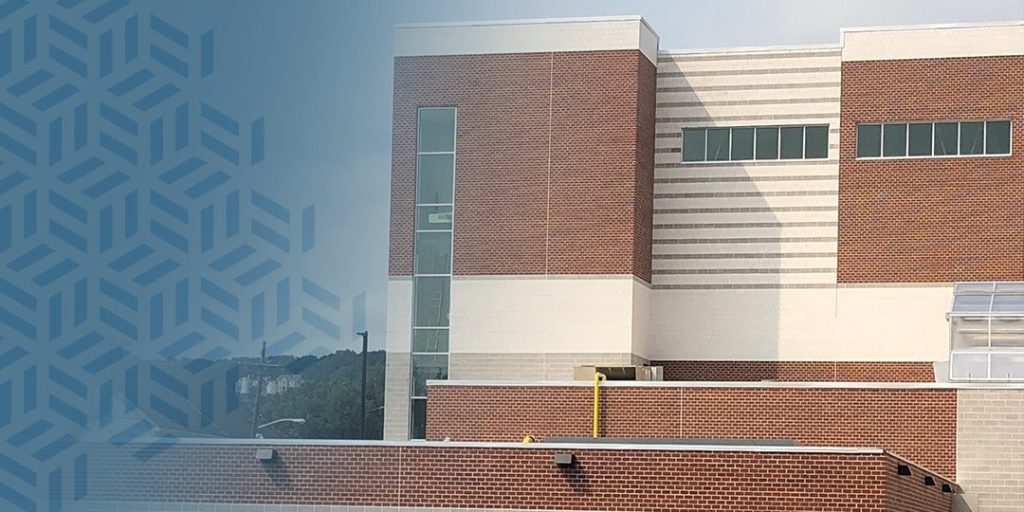
Concrete masonry units (CMUs) are an environmentally friendly and energy-efficient building option that can also provide fire resistance. Since CMUs are non-combustible, they are proven to help slow and block the progression of flames — giving building occupants enough time to escape and making a fire easier to extinguish by keeping it contained in a smaller area.
What Makes Concrete Masonry Units Fire Resistant?
Concrete components — aggregate, Portland cement and water — are non-combustible. Concrete has low thermal conductivity as well, which means it doesn’t transfer heat. It’s also non-toxic and doesn’t react with other substances, so if gases or other substances are released during a fire, it won’t cause the concrete to ignite. Therefore, when concrete is used as a building material, whether for an exterior wall or a designated fire barrier, it provides excellent fire protection.
Fire Resistance Ratings for CMUs
CMU fire resistance ratings are based on the thickness of the CMU and the number of hours the concrete remains structurally sound. For example, a concrete block wall that is 4 inches thick with a hollow or partially filled core provides about 45 minutes to one hour of fire protection before it fails.
A 12-inch thick concrete block wall provides approximately three hours of fire resistance when it’s hollow or partially filled. It can provide fire resistance for up to four hours if it’s filled in completely. This is quite a difference from drywall, which generally lasts about 37 seconds before it fails, and fiber-reinforced gypsum panels, which last about 10 seconds.
It’s important to note that even though concrete is fire resistant, exposure to extreme temperatures for long durations can eventually cause it to lose its structural integrity.
What Affects CMU Fire Resistance?
In addition to the thickness of the concrete blocks, other factors that can contribute to CMU fire resistance include:
- Moisture content: How much moisture is present can affect how concrete responds when it’s exposed to the extreme temperatures of a fire. Moisture may cause the concrete to spall, or break apart, and reduce the material’s fire resistance.
- Aggregate type: Concrete production generally uses normal weight, limestone, lightweight, siliceous or carbonate aggregates. Each one has somewhat different fire resistance.
- Density: The denser the concrete is, the better its fire resistance.
Count on Nitterhouse Masonry Products for Quality CMUs
When you need sturdy building materials that can withstand various elements, including fire, count on us at Nitterhouse Masonry Products. We have been in business for over 100 years, and we can help you find the right masonry products for your needs. Get in touch with us today!


